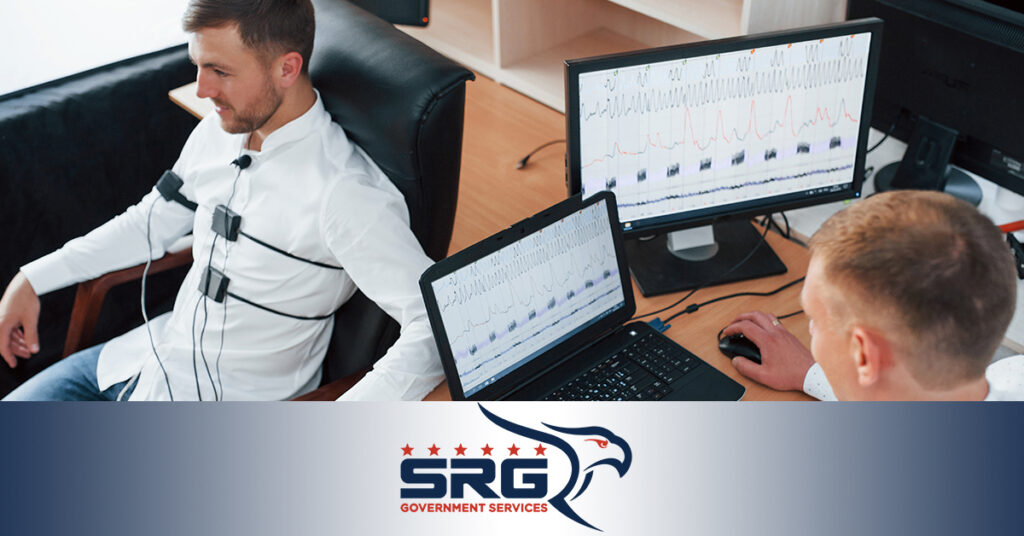When you apply for specific types of positions in the defense industry, a polygraph exam could be part of the background investigation process. While the idea of taking a polygraph is potentially intimidating, knowing what to expect can make it less daunting. Here’s what you need to know before your next polygraph exam.
Overview of Polygraph Exam
A polygraph exam is typically a three-part process. First, you’ll meet the examiner and complete any required consent form. You’ll also get a notification of your rights to review, as well as a chance to read the questions that will get asked. At this time, you can ask any questions you need to in order to ensure a full understanding of the information provided and the questions you’ll face.
Next, you’ll get hooked up to the monitoring equipment, which is essentially a set of connected sensors. There are two tubes that go around your torso, a blood pressure cuff, a chair sensor, and a small device placed on your finger.
Once that’s complete, the examiner will ask the questions, and you’ll respond using only “yes” or “no.” As you answer, information from the sensors is recorded. As you complete the questions, the sensor data is reviewed. Follow-up questions may get asked if anything is inconclusive or an issue with a response is detected.
After going through all of the questions, the polygraph exam is complete. Typically, you won’t learn about the results immediately. Instead, the data is reviewed by a second examiner, and the results are provided at a later date.
Common Misconceptions About Polygraph Exams
There are many common misconceptions about polygraph exams. First, many people falsely believe that polygraphs are lie detectors. In reality, they simply note any shifts in a person’s physical state when questions are asked. While those could indicate deception, changes in readings may also indicate other mental or emotional states.
Another misconception is that typical nervousness is interpreted as deception during a polygraph exam. While nervousness can alter readings, they typically won’t change them in the same way as deception or similar issues with responses. Being a bit nervous won’t typically harm your results if you’re answering honestly. In fact, not trying to overcome your nervousness can work in your favor, as it ensures that attempts to calm yourself don’t lead to anomalous readings.
Rules and Regulations for Polygraph Exams
Employment-related polygraph exams are governed by specific rules and regulations. While the Employee Polygraph Protection Act (EPPA) applies to most civilian positions, government agencies are exempt, and select private employers can be exempt, particularly when a role pertains to national security.
However, there are some regulations that apply to all jobs. Before administering a polygraph, the candidate must be informed of their rights, as well as directly consent to the exam. Additionally, job seekers – including defense candidates – do have the right to refuse a polygraph exam or stop one that’s in progress. However, refusing or ending the interview typically makes the candidate ineligible for employment or prevents them from getting a needed security clearance.
Tips for Preparing for a Polygraph Exam
If a polygraph is part of the background investigation, you’ll receive instructions outlining when to arrive and where to report. Make sure to read them carefully before your test date, and request clarification well in advance if it’s necessary.
Before a polygraph exam, it’s wise to eat. Additionally, you can typically bring snacks and drinks with you, and you’ll have opportunities to take breaks to eat or drink. Take any prescribed medications in accordance with your usual schedule, too.
Finally, it’s critical to note that how long a polygraph takes can vary dramatically. As a result, it’s best to plan as if it may take the entire day as a precaution.
If you’re interested in working for the defense sector, the Staffing Resource Group can provide access to more opportunities. Apply Today and SuRGe your career forward.



